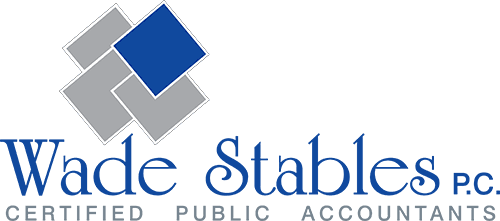If you’re age 50 or older, you can probably make extra catch-up contributions to your tax-favored retirement account(s). It is worth the trouble? Yes! Eligible taxpayers can make extra catch-up contributions of up to $1,000 annually to a traditional or Roth IRA. If you’ll be 50 or older as of Dec. 31, 2023, you can make a catch-up contribution for 2023 by April 15, 2024. However, there are income limits on the privilege. You also have to be age 50 or older to make extra salary-reduction catch-up contributions to an employer 401(k), 403(b), or 457 retirement plan (assuming the plan allows them and you signed up). You can make extra contributions of up to $7,500 to these accounts for 2023.
Read More...
If you own an unincorporated small business, you know your self-employment (SE) tax bills are high. In 2023, SE tax is imposed at a rate of 15.3% on the first $160,200 of net SE income. This includes 12.4% for Social Security tax and 2.9% for Medicare tax. Above $160,200, Medicare tax continues at a 2.9% rate on all income before increasing to 3.8% at higher income levels due to the 0.9% additional Medicare tax. In some circumstances, you may want to become an S corp. to save on employment taxes You can then pay modest, but justifiable, salaries to shareholder-employees and pay out most or all remaining corporate cash flow in federal-employment-tax-free shareholder distributions.
Read More...
Government officials saw a large increase in the number of new businesses launched during the COVID-19 pandemic. And the U.S. Census Bureau reports that business applications are still increasing slightly (up 0.4% from April 2023 to May 2023). Entrepreneurs often don’t know that many start-up expenses can’t be currently deducted. Some likely have to be amortized over time. You might be able to elect to deduct up to $5,000 currently, but the deduction is reduced by the amount by which your total start-up costs exceed $50,000. You can also deduct $5,000 of the organizational costs of creating a corporation or partnership. Contact us if you have tax questions about a start-up business.
Read More...
The recent heat wave may have you thinking about making your home more energy efficient. Thanks to a 2022 law, you may be able to benefit from a residential energy tax credit to help defray the cost of energy improvements made on or after Jan. 1, 2023. The credit equals 30% of certain expenses to a home located in the U.S., including: qualified energy efficiency improvements installed during the year, residential energy property expenses and home energy audits. The max annual credit you can claim each year is: $1,200 for energy property and certain home improvements with limits on doors ($250 per door/$500 total), windows ($600 total) and home energy audits ($150). Contact us with questions.
Read More...
The federal student loan “pause” is coming to an end on Aug. 31 after more than three years. If you have student loan debt, you may wonder whether you can deduct the interest you pay on your tax return. The answer may be yes, subject to certain limits. The deduction is phased out if your adjusted gross income exceeds certain levels. The maximum amount of student loan interest you can deduct per year is $2,500. For 2023, the deduction is phased out for single taxpayers with AGI between $75,000 and $90,000 ($155,000 and $185,000 for married couples filing jointly). The interest must be on funds borrowed to cover qualified education costs of the taxpayer, a spouse or dependent.
Read More...










